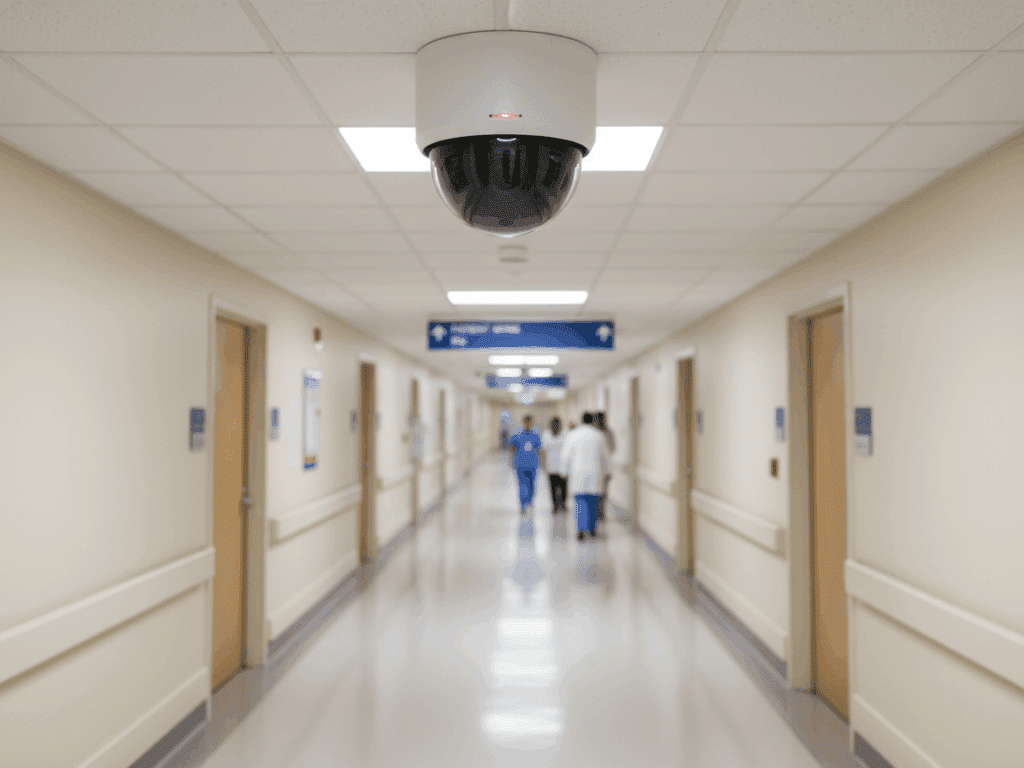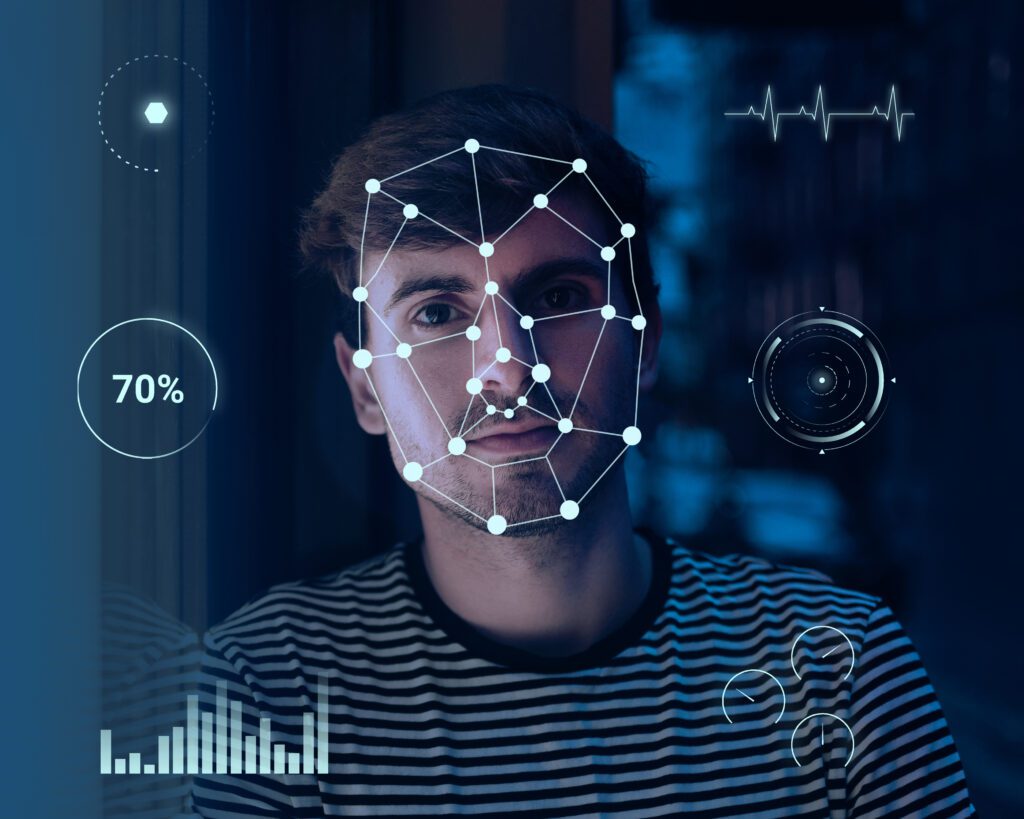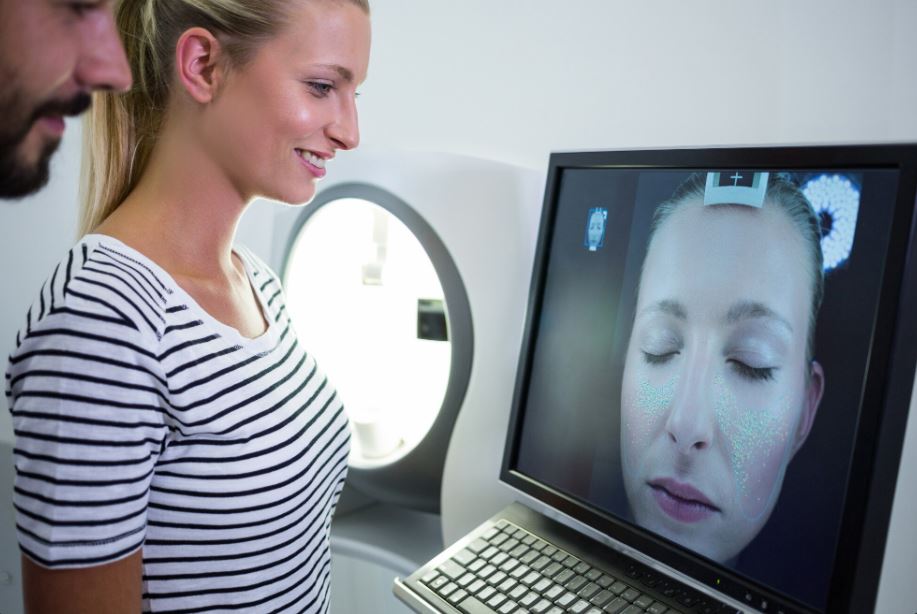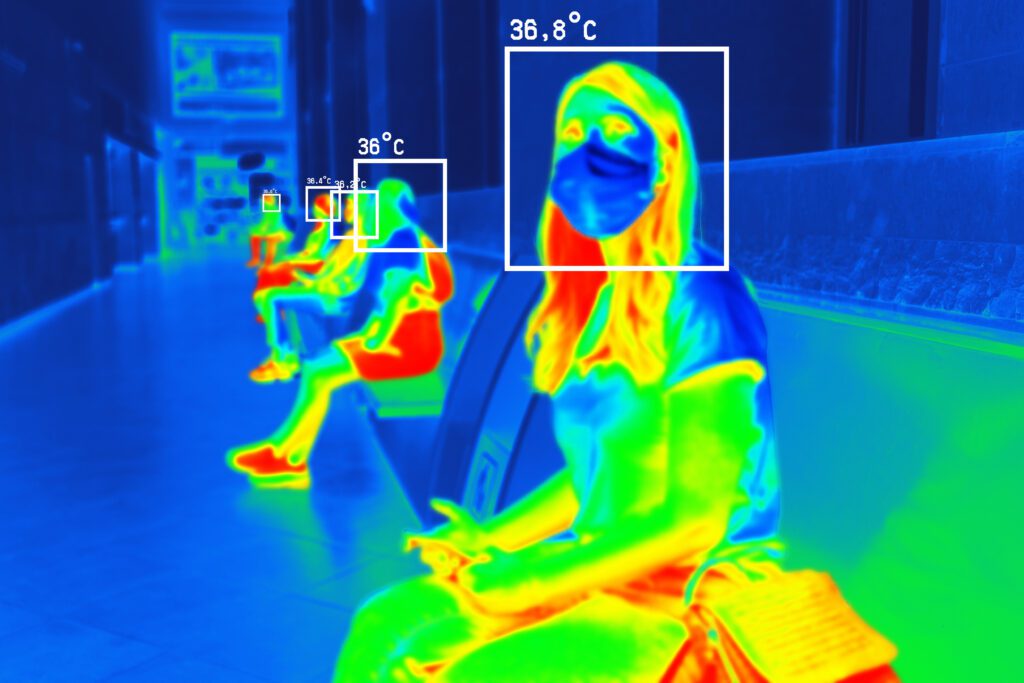For a long time in our country, the legality of using video surveillance cameras in hospitals and other medical institutions has been questionable, and judicial practice has been controversial. The reasons for this were associated with the moral and ethical rules of following medical secrecy, protecting personal data and privacy of employees and patients. Let’s see what rules for organizing video surveillance in medical institutions are currently in force. We will also talk about the choice of equipment and software.

Video surveillance, as a system, when used in hospitals (clinics, sanatoriums/dispensaries) is established with two global goals:
The main passage areas are monitored, such as:
Experts note the need for video surveillance in medical institutions to solve professional problems, namely:

Until 2015, the legality issue of video filming and video surveillance in medical institutions was open and did not have a single legal regulation.
To date, video monitoring on the territory of medical institutions is carried out on the basis of Government Decree No. 272 (September 25, 2015).
As a public facility with a mass presence of people (more than 50 people), medical and preventive institutions must comply with the requirements of the law on anti-terrorist protection. And the main requirement is continuous video surveillance with data storage capabilities of at least 30 days. For these purposes, a cloud storage method is suitable.
In addition, video surveillance in hospitals/clinics has a number of nuances.
Visitors to medical institutions ask: “Does video surveillance (hospital) violate the Law on Personal Data?”
Roskomnadzor’s answer: if the video materials are not transferred to someone for the purpose of identifying, then these materials are not biometric personal information. Consequently, they are not in the legal field of the Law “On Personal Data”, therefore, the consent of visitors for video surveillance is not required.
The administration of a medical institution must warn visitors about possible/ongoing video filming using text or image warnings.
The procedure for filming, storage time of recordings from the workplaces of medical workers, as well as the list of authorized and responsible persons who have access to video archives are determined by the internal (local) documents of the medical enterprise.
The staff of the medical institution is required to have a written consent to the processing of personal data and video filming.
According to the Labor Code of the Russian Federation (art. 22), the employer has the right to demand that employees perform their labor duties and control their labor activity.
The answer is yes. On the basis of Federal Law No. 152 (in particular, Article 10, Part 2, Clause 4), it is allowed to conduct video surveillance in doctors’ offices in medical institutions, but subject to the following conditions:

There is no legal prohibition on filming a doctor during work, but there is a requirement: to use the materials only for your own personal use (for example, refresh the doctor’s recommendations).
At the same time, the legal ban on disclosure will not apply if the doctor committed illegal actions in the workplace (obscene language, physical violence, sexual harassment).
Video surveillance in clinics/hospitals must meet the following criteria:

The presence of video cameras in clinics is subject to applicable public safety regulations. In addition, video filming can be carried out in order to obtain professional data, which will later be used for the benefit of medical science and as a service stimulator. Large Russian hospitals and clinics are betting on intelligent video analytics.
Еще больше обзоров, кейсов и полезной информации о видеонаблюдении в нашем официальном Telegram-канале. Подписывайтесь, чтобы оставаться в курсе важных событий.